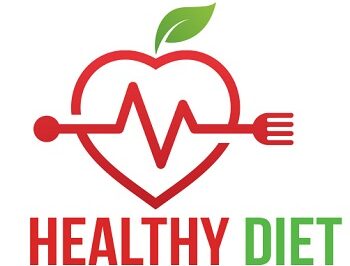Upper East Side heart failure. Those four words are daunting. They paint a vivid picture of high-stress city living and the potential toll it can take on the most vital organ in our bodies, our hearts. But, it doesn’t have to be this way. As a cardiologist, I’m here to arm you with knowledge, the most potent weapon against heart disease. With these ten crucial tips, I aim to help you navigate the complexities of heart health, no medical degree is needed. Let’s together demystify heart failure.
Understanding Heart Failure
First, let’s clear a misconception. Heart failure doesn’t mean your heart has stopped working. It means your heart can’t pump blood as efficiently as it should.
Recognize the Symptoms
Shortness of breath, fatigue, and swollen legs are common signs. It’s easy to dismiss these symptoms as signs of aging or overwork. But, they could signal deeper heart issues.
Prevention is Key
Heart failure isn’t inevitable. Regular exercise, a healthy diet, and keeping your blood pressure in check can keep your heart in top shape.
Modifying Lifestyle
Smoking and excessive alcohol can harm your heart. Making positive lifestyle changes can significantly decrease your risk of heart failure.
Importance of Regular Check-ups
Schedule regular appointments with your cardiologist. Early detection of heart issues can prevent severe complications down the line.
Embrace Healthy Eating
Aim for a diet low in salt, sugar, and unhealthy fats. Opt for fruits, vegetables, lean meats, and whole grains.
Stay Active
Engage in regular physical activity. You don’t need to run marathons – even a brisk, daily walk can do wonders for your heart health.
Manage Stress
Chronic stress isn’t good for your heart. Find healthy coping mechanisms, such as yoga, meditation, or hobbies that help you relax.
Heart Medications
If prescribed medication, take it as directed. These drugs are designed to improve your heart’s ability to pump blood efficiently.
Invest in Sleep
Quality sleep is essential. It allows your heart to rest and repair. Aim for seven to nine hours of sleep per night.
By understanding and incorporating these ten tips, you can significantly increase your heart health and decrease the chances of heart failure. Remember, knowledge is power when it comes to your health.

















+ There are no comments
Add yours